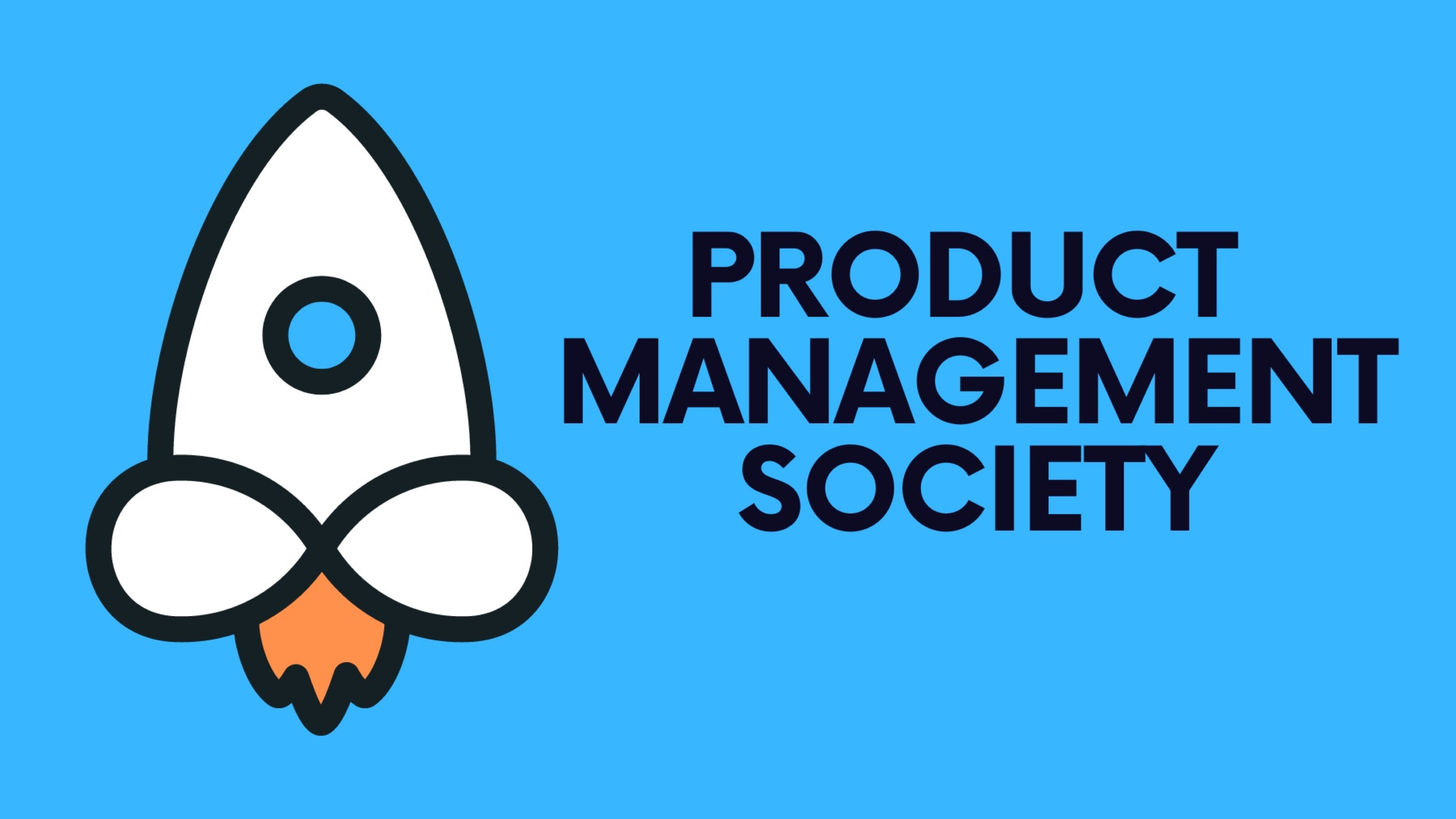While both are pivotal to a product's success, their roles, responsibilities, and goals are distinct. This article demystifies these differences, shedding light on how each contributes uniquely to the product lifecycle.
The Role of a Product Manager
A Product Manager is akin to a product's CEO. They own the vision, strategy, and roadmap of a product, focusing on what to build and why. Their primary goal is to ensure the product meets market needs and drives value for the business.
Key Responsibilities:
- Defining the product vision and strategy.
- Identifying customer needs and market opportunities.
- Prioritizing product features and setting the roadmap.
- Working closely with cross-functional teams to deliver product features.
- Measuring product performance and iterating based on feedback.
The Role of a Project Manager
Project Managers, on the other hand, are the orchestrators of execution. Their domain is the 'how' and 'when'—focusing on managing the project's scope, timeline, budget, and resources to ensure successful delivery.
Key Responsibilities:
- Planning and defining the project scope and objectives.
- Managing timelines, budgets, and resources.
- Coordinating tasks and activities across teams.
- Identifying and mitigating project risks.
- Ensuring projects are delivered on time, within scope, and budget.
Key Differences
Vision vs. Execution: Product Managers are visionaries focused on the product's long-term success and market fit. Project Managers are executors, ensuring projects are completed efficiently and effectively.
Strategic vs. Operational: PMs set the strategic direction for a product, while Project Managers handle the operational aspects of executing the plan.
Market vs. Internal Focus: Product Managers need to understand customer needs and market trends. Project Managers focus on internal processes, timelines, and resource allocation.
Lifecycle Ownership vs. Lifecycle Stage Focus: Product Managers are involved throughout the product lifecycle, from ideation to retirement. Project Managers may focus on specific stages, primarily the execution phase.
Collaboration and Leadership Style: Both roles require strong leadership and collaboration skills, but Product Managers often lead through influence without direct authority over teams, while Project Managers may have more defined authority to manage project resources.
Conclusion
Understanding the distinction between Product Managers and Project Managers clarifies how each contributes to a product's success. While Product Managers focus on the 'what' and 'why' to drive product vision and strategy, Project Managers concentrate on the 'how' and 'when' to ensure projects are executed flawlessly. Both roles require a unique set of skills and perspectives, but together, they are essential to bringing innovative, successful products to market.
Stay tuned for our next article, where we'll dive deeper into the essential skills every aspiring Product Manager should develop.
If you’re finding this newsletter valuable, consider sharing it with friends, or subscribing if you aren’t already. Also, consider coming to one of our Meetups and following us on LinkedIn ✨
Thanks for reading Product Management Society! Subscribe for free to receive new weekly posts 🚀







